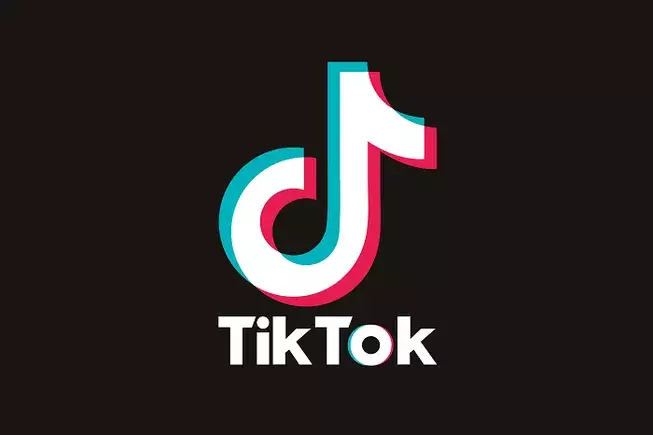As the clock ticks down towards a significant juncture for TikTok in the United States, President-elect Donald Trump’s renewed focus on the platform has stirred a mixture of interest and skepticism. With a deadline looming that may see the popular app ousted from American soil, Trump is reportedly aiming to utilize his prowess as a negotiator to carve out a solution favorable to both TikTok and the American public. This article delves into the implications of Trump’s strategy, his motivations, and the broader context in which this situation unfolds.
At the heart of the ongoing controversy surrounding TikTok is a deep-rooted paranoia about data privacy and foreign influence. Originally labeled as a national security concern, TikTok’s ties to China raised alarms among lawmakers, leading to a proposed sell-off mandated by the Trump administration back in 2020. The abrupt shift from a push for a forced divestiture to a focus on negotiation reveals Trump’s evolving relationship with the platform, highlighting the underlying complexities of political influence wielded by social media giants.
Trump’s amicus brief filed with the Supreme Court epitomizes this transition. Describing himself as a champion of free speech, Trump defends the rights of TikTok’s 170 million American users, presenting his political resurgence as a mandate to protect their interests. Yet, beneath the surface of this populist rhetoric lies a cacophony of motivations – from safeguarding his digital prominence on TikTok to possibly resurrecting lucrative business opportunities for allies.
Trump’s notorious business acumen is a double-edged sword in this scenario. On one hand, his experience presents an opportunity for logical negotiation; on the other, it raises ethical concerns about the intertwining of personal interests with the nation’s policy-making process. Just a few years ago, Trump sought to sever TikTok’s ties to China, claiming that such a move was necessary in the wake of the COVID-19 pandemic. Today, however, he touts TikTok as a platform that underpins free expression and political discourse, which seems to indicate a strategic pivot – one that aligns his agenda with the immense user base on the app.
The brief also boasts of Trump’s impressive following—14.7 million users on TikTok—claiming this affiliation legitimizes his authority to influence the platform’s fate. The underlying question remains: how will this substantial following play into Trump’s negotiation tactics? Might he seek to broker a deal allowing TikTok to operate in the U.S. under certain regulations or conditions to allay concerns regarding data security?
Should Trump succeed in negotiating an alternative framework for TikTok, the consequences for both the platform and American users could be significant. While a short extension could keep TikTok functioning as our cavalcade of social media entertainment continues, it might not address the root concerns that prompted the overarching scrutiny of foreign-owned platforms. A deal could hand a lifeline to TikTok, yet it could also set a troublesome precedent regarding content censorship, data ethics, and national security standards.
With the Supreme Court slated to hear TikTok’s final appeal on January 10th, the tension surrounding this digital saga intensifies. The outcome will affect not just the company’s operations but also the broader American landscape of social media and how it interacts with governance. A potential decision favoring Trump’s request could mean not only a temporary reprieve for TikTok but also an opportunity for revisiting regulations surrounding foreign technology enterprises.
As an iconic symbol of the digital age, TikTok stands at a crossroads, influenced significantly by political dynamics and public opinion. Trump’s approach not only brings forth questions about personal ambition and political strategy but also reveals insights into the ongoing discourse surrounding digital freedom and security in the U.S. While the path ahead remains uncertain, with Trump seemingly eager to save TikTok, one thing is clear: the discourse around social media regulation, data security, and digital citizenship is far from settled. The coming weeks may prove pivotal, not just for the platform, but for our collective understanding of the intersection between technology and politics in contemporary America.


Leave a Reply